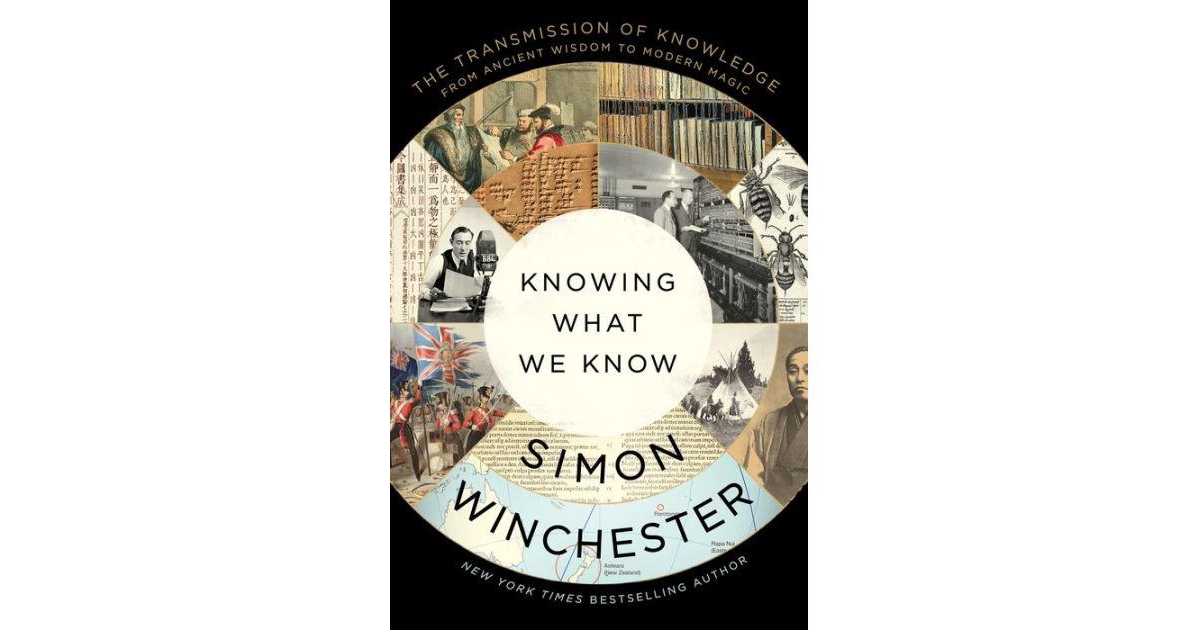A delightful compendium of the kind of facts you immediately want to share with anyone you encounter . . . . Simon Winchester has firmly earned his place in history . . . as a promulgator of knowledge of every variety, perhaps the last of the famous explorers who crisscrossed the now-vanished British Empire and reported what they found to an astonished world." -New York Times From the creation of the first encyclopedia to Wikipedia, from ancient museums to modern kindergarten classes-this is award winning writer Simon Winchester's brilliant and all-encompassing look at how humans acquire, retain, and pass on information and data, and how technology continues to change our lives and our minds. With the advent of the internet, any topic we want to know about is instantly available with the touch of a smartphone button. With so much knowledge at our fingertips, what is there left for our brains to do At a time when we seem to be stripping all value from the idea of knowing things-no need for math, no need for map-reading, no need for memorization-are we risking our ability to think As we empty our minds, will we one day be incapable of thoughtfulness Addressing these questions, Simon Winchester explores how humans have attained, stored, and disseminated knowledge. Examining such disciplines as education, journalism, encyclopedia creation, museum curation, photography.










